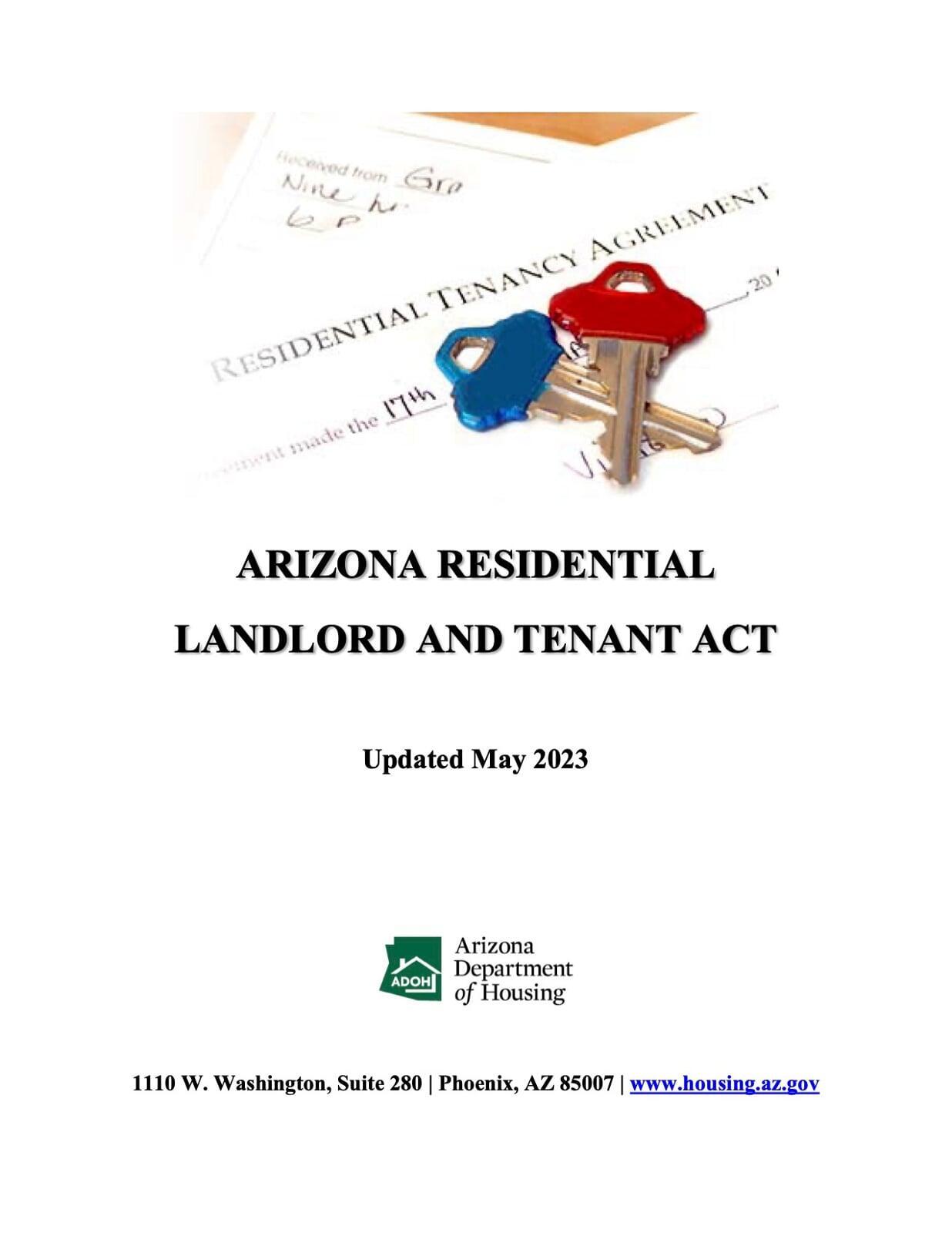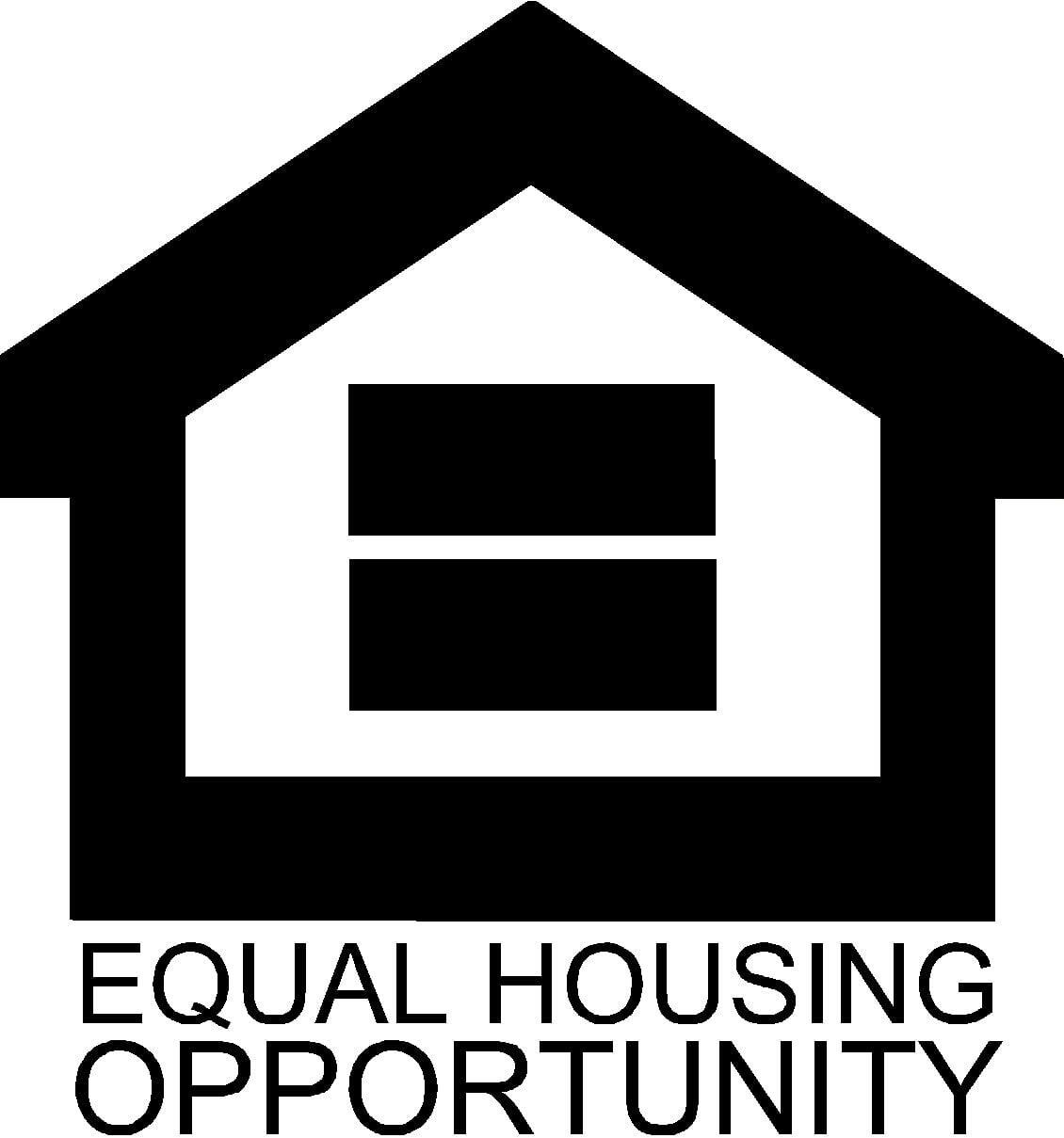Owning rental property in Northeast Phoenix (Paradise Valley area) can be a profitable investment—but only if you understand the laws that govern landlord-tenant relationships in Arizona. From how much you can charge for deposits to the way Phoenix treats Section 8 vouchers, staying compliant protects you from costly disputes and builds trust with tenants.
Here’s a breakdown of the most important rules every local landlord should know.

📜 Arizona Landlord-Tenant Act Basics
The Arizona Residential Landlord & Tenant Act (May 2023) is the primary law governing rentals in the state. You can read the full text here. A few key takeaways for landlords in Northeast Phoenix: A few key takeaways for landlords in Northeast Phoenix: A few key takeaways for landlords in Northeast Phoenix: A few key takeaways for landlords in Northeast Phoenix: A few key takeaways for landlords in Northeast Phoenix: A few key takeaways for landlords in Northeast Phoenix:
Security deposits: You may collect no more than 1.5 months’ rent as a security deposit (A.R.S. § 33-1321). Any nonrefundable fees must be clearly labeled in the lease. Deposits must be returned within 14 business days after move-out, with an itemized list of deductions.
Required disclosures: Landlords must provide tenants with the name and address of the property owner/manager, a copy of the Landlord-Tenant Act, and information on smoke detectors and bed bugs.
Notice periods: For month-to-month leases, landlords must give at least 30 days’ notice before termination or rent increases. Non-payment of rent requires a 5-day notice before an eviction filing.
Habitability standards: You are responsible for maintaining essential services—safe plumbing, running water, cooling/heating, and electrical systems. Tenants can use “repair-and-deduct” remedies or even withhold rent if you don’t address serious issues.

💵 Rent, Fees, and Increases
- Rent increases: Allowed in month-to-month leases with proper notice (30 days), but not during a fixed-term lease unless specified in writing.
- Late fees: Must be “reasonable” and spelled out in the lease. Excessive or hidden charges can be challenged in court.
🏠 Phoenix’s Source of Income Protections
In March 2023, the Phoenix City Council passed a landmark ordinance banning landlords from denying applicants simply because they use housing assistance. Read Phoenix City Code 18-11.16
This includes:
Section 8 Housing Choice Vouchers
Veterans’ benefits
Social Security and disability benefits
Other forms of public assistance
The law makes “source of income” a protected class, much like race or religion. Denying an applicant based solely on the fact that they use a voucher is now considered discrimination in Phoenix. Violations can result in fines starting at $300 and up to $2,500, with steeper penalties for repeat offenses.

⚖️ Fair Housing Laws Still Apply Goes Here
Alongside Arizona’s landlord-tenant laws, the federal Fair Housing Act applies in all rentals. That means landlords cannot discriminate against tenants based on:
Race
Color
Religion
Sex
National origin
Disability
Familial status
With Phoenix’s new protections, source of income is effectively added to this list for local landlords
✅ Why This Matters for Landlords
Complying with Arizona and Phoenix laws isn’t just about avoiding lawsuits—it’s about protecting your investment. Failing to follow the rules on deposits, notices, or fair housing can lead to:
Costly court battles and fines
Delays in evictions and rent collection
Damage to your reputation with tenants and the community
Professional property management ensures you’re always compliant while maximizing your rental income.
📞 Final Thoughts
Being a landlord in Northeast Phoenix (Paradise Valley area) requires more than collecting rent—it requires navigating the Arizona Landlord-Tenant Act and Phoenix’s evolving housing rules.
At Veracity Home Group, we help landlords stay compliant, manage tenants, and handle the details so your investment runs smoothly.

